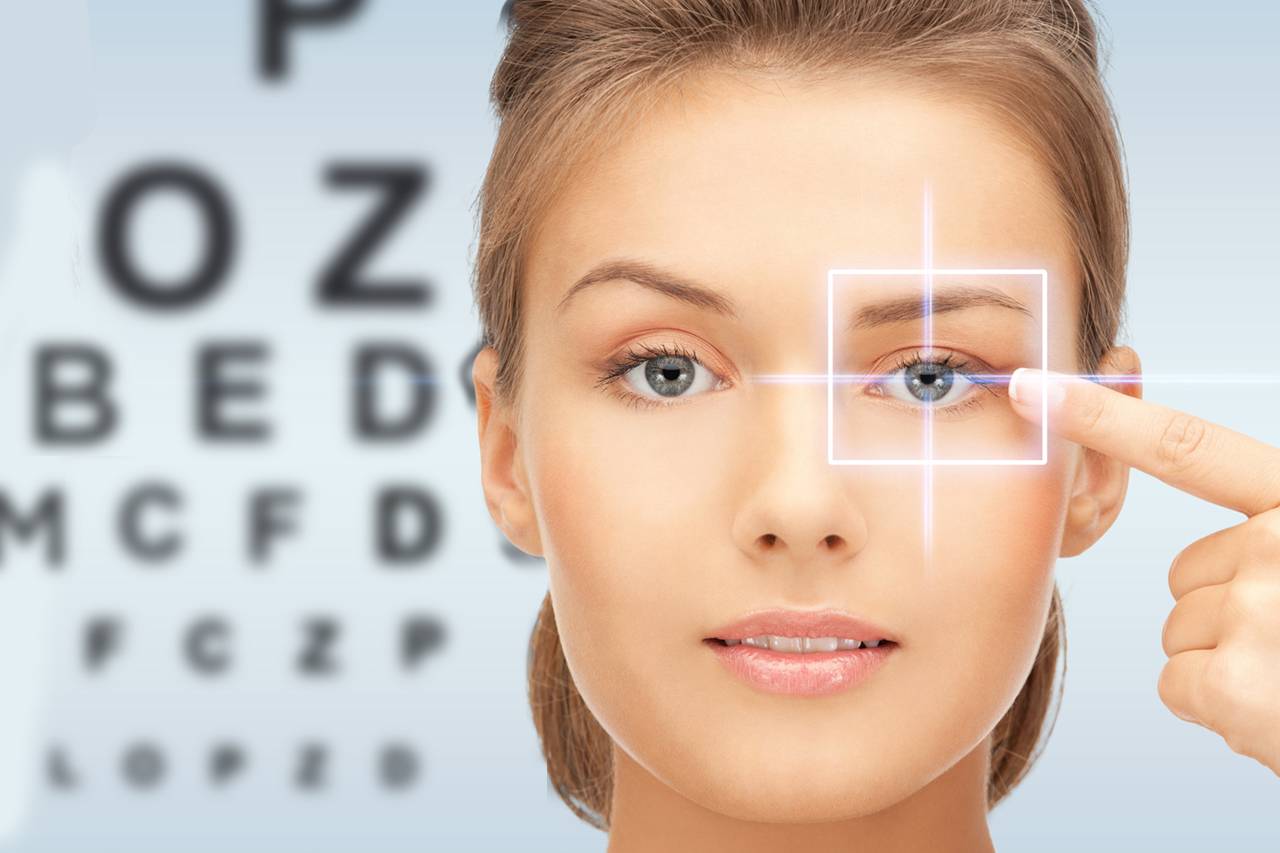Featured
When it concerns sun safety and security, most individuals concentrate on protecting their skin from dangerous UV rays. The impacts of UV radiation on your eyes are equally vital yet commonly forgotten. Long term exposure to ultraviolet (UV) rays can lead to numerous eye conditions, several of which might cause long-term damage or vision loss. Whether you're outdoors on a bright beach or taking a stroll on an overcast day, understanding how UV rays influence your eyes and finding out just how to secure them is essential for preserving healthy vision.
What Are UV Rays and How Do They Influence the Eyes? UV rays are a type of unnoticeable radiation emitted by the sunlight. There are three kinds of UV rays:
UVA Rays: These permeate deeply into the skin and eyes, adding to lasting damages. UVB Rays: These are a lot more extreme and can cause surface-level damage, such as sunburn or corneal damage. UVC Rays: These are the most damaging but are soaked up by the Planet's atmosphere and rarely pose a direct hazard. Both UVA and UVB rays can harm numerous components of the eye, including the cornea, lens, and retina.
Short-Term Results of UV Exposure. Even a brief period of extreme UV exposure can damage your eyes. A common condition resulting from this is photokeratitis, usually explained as "sunburn of the eye." Symptoms consist of:
Excruciating or red eyes. Level of sensitivity to light. Extreme tearing. Temporary fuzzy vision. Photokeratitis is typically momentary however acts as a pointer of the immediate dangers of UV radiation.
Long-Term Results of UV Exposure. Collective UV direct exposure in time can cause several serious eye conditions, consisting of:

Cataracts: UV rays accelerate the growth of cataracts, a problem where the lens of the eye ends up being gloomy, bring about vision impairment. Cataracts are a leading reason of blindness worldwide.
Macular Deterioration: The macula, a part of the retina responsible for central vision, can be harmed by long term UV direct exposure, enhancing the threat of age-related macular deterioration (AMD)
Pterygium: Frequently called "web surfer's eye," this condition entails a growth of cells on the white part of the eye, which can cross the cornea and hinder vision.
Pinguecula: UV exposure can trigger yellow-colored places to form on the conjunctiva, leading to irritability and discomfort.
Skin Cancer Cells Around the Eyes: The fragile skin surrounding the eyes is highly vulnerable to UV radiation, raising the danger of basic and squamous cell cancer.
Protecting Your Eyes from UV Damages. The great information is that shielding your eyes from UV radiation is basic and reliable. Below are some important suggestions:
Use UV-Blocking Sunglasses. Pick sunglasses that block 100% of UVA and UVB rays. Seek tags indicating "UV 400" protection. Wrap-around designs supply added insurance coverage, avoiding UV rays from getting in from the sides.
Use a Wide-Brimmed Hat. A hat with a large brim can block virtually 50% of UV rays, using extra security for your eyes and the fragile skin around them.
Stay Clear Of Height Sunlight Hours. UV rays are strongest in between 10 a.m. and 4 p.m. Lessen your exterior exposure during these hours, or guarantee you're sufficiently shielded if you require to be outdoors.
Protect Your Eyes Year-Round. UV rays exist year-round, even on cloudy or snowy days. Snow, sand, and water can reflect UV rays, intensifying their effects. Make sunglasses a part of your day-to-day routine, despite the season.
Consider UV-Blocking Get In Touch With Lenses. Lots of get in touch with lenses currently provide UV defense, which can be an additional safeguard when coupled with sunglasses.
Encourage Eye Security for Kids. Kid's eyes are much more vulnerable to UV damage since their lenses are more clear, enabling even more UV light to get to the retina. Guarantee they wear sunglasses and hats when playing outdoors.
Schedule Normal Eye Tests. Normal sees to an eye treatment professional are important for monitoring your eye health. An eye doctor can discover very early signs of UV-related damage and advise services, such as prescription sunglasses or UV-blocking glasses tailored to your demands.
Verdict. UV rays may be invisible, however their impact on your eye wellness is really genuine. Remember, your eyes are one of your most beneficial possessions-- take the essential actions to secure them from damaging UV rays today.
Latest Posts
Find the Premier Auto Repair Coupons in Montclare, Chicago
Uncover Montclare Auto Repair’s Highly Requested Car Care Solutions and Why Drivers Choose Them
Discover Your Financial Partner at WyHy – Top Benefits for Wyoming Residents
More
Latest Posts
Find the Premier Auto Repair Coupons in Montclare, Chicago
Uncover Montclare Auto Repair’s Highly Requested Car Care Solutions and Why Drivers Choose Them
Discover Your Financial Partner at WyHy – Top Benefits for Wyoming Residents